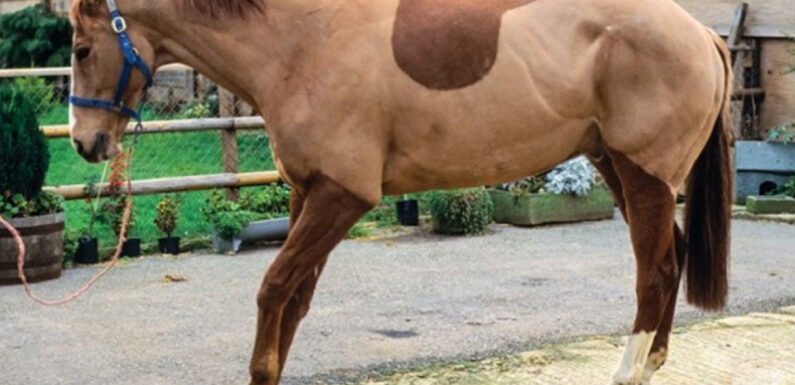
One of the most debilitating conditions, in not just race horses, but horses in general, is laminitis. After old age and colic, it is the most common reason for death by euthanasia.
The best way to combat laminitis is prevention. With that in mind, we give you three caring tips that can help prevent laminitis. But first, let’s understand the condition.
What Is Laminitis?
Horses have microscopic structures in their feet that link the hoof capsule to the coffin bone. These are called laminae. When the laminae are inflamed, it is known as laminitis.
In severe cases of laminitis, the laminae completely separated from the coffin bone. As a result, the hoof structure in race horses is entirely altered. It often causes very painful lameness.
Avoid Overgrazing, Prevent Laminitis
The most prevalent reason for laminitis in horses is the pasture. If the horse consumes an excess of sugar or carbohydrates, it leads to laminitis. Therefore, prevent overgrazing, particularly in spring and fall. At these times, the pasture grass is stressed due to:
- Freezing temperature
- Poor fertilization
- Abundant sunlight
- High photosynthesis
Together, they increase sugar content in grass. So, manage access to the pasture, and the risk of laminitis will decrease automatically.
Control Insulin Level, Prevent Laminitis
Obese horses tend to have insulin resistance (IR), giving rise to equine metabolic syndrome (EMS). Then there are some horse breeds that are predisposed to EMS. In both cases, the insulin level in the blood surges, which makes them resistant to insulin.
Horses that have IR have a higher probability of getting laminitis. Therefore, the caring tip here is to prevent obesity. Also, if your breed is genetically predisposed, make sure there is no excessive pasture grazing to avoid laminitis.
Another reason for laminitis is a higher glycemic response to starch and sugar, which increases blood glucose levels. That, in turn, causes laminitis in horses. So, the caring tip here is to carefully monitor the feed of your race horses to keep both starch and sugar in check.
If any of your race horses already have IR, then it is advised to look for the recommended feed for them. It will lessen the chances of laminitis occurring. Lastly, always remember that prevention is key!





